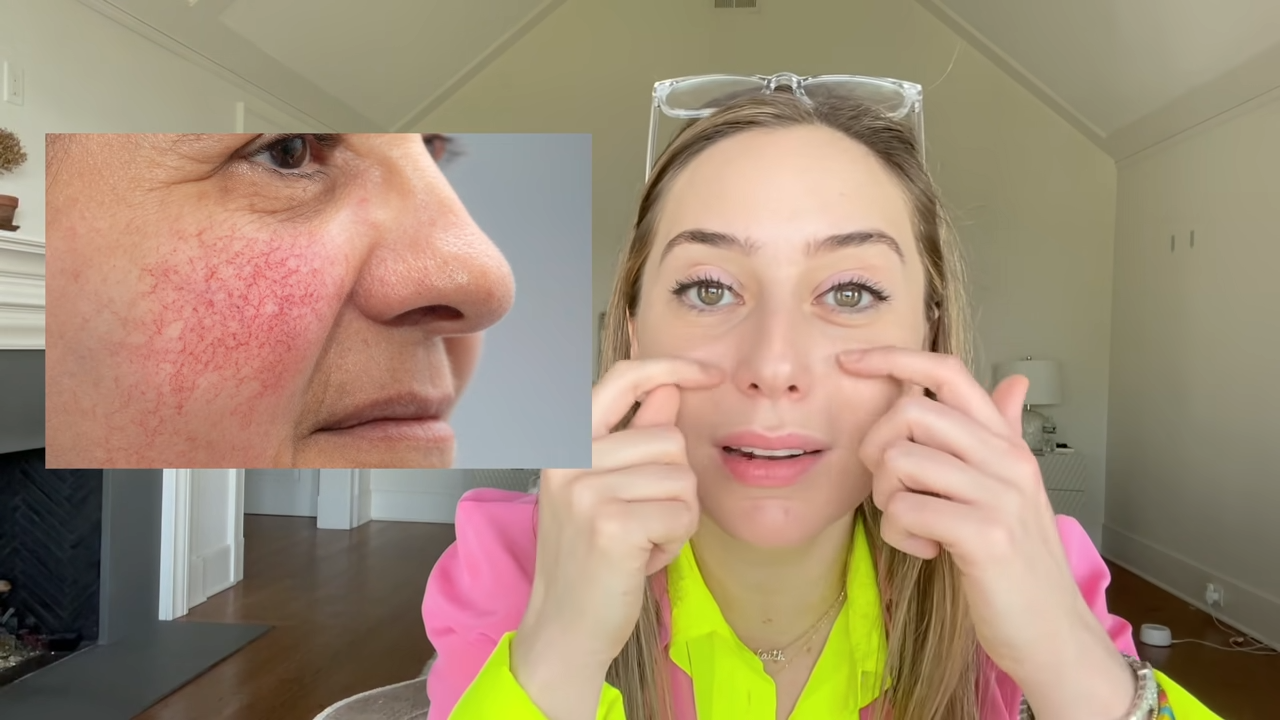Skin redness is a common issue that can disrupt daily life and impact overall comfort. It often manifests as an uncomfortable reaction to various triggers, from skincare products to environmental factors. Understanding the underlying causes of skin redness is essential in addressing and managing the condition effectively.
Allergic reactions to ingredients in skincare products or environmental pollutants can lead to noticeable redness and irritation. Skin conditions such as eczema and rosacea also frequently cause persistent redness, often accompanied by other symptoms like itching or inflammation. Identifying these triggers can help in formulating an effective treatment strategy.
To soothe irritated skin, adopting a thoughtful approach to skincare is key. Using gentle, non-irritating products and incorporating calming ingredients into your routine can provide significant relief. Hydration and avoiding common irritants are practical steps in alleviating discomfort and promoting healthier skin.
Identifying the causes of skin redness is the first step toward effective management. Addressing these underlying issues can significantly reduce discomfort and improve skin health.
Allergic Reactions and Irritants
Allergic reactions to skincare products, such as fragrances or preservatives, can cause redness and irritation. Environmental factors, including pollutants and extreme weather conditions, may also exacerbate these issues. By pinpointing specific allergens or irritants, you can avoid these triggers and opt for gentle, hypoallergenic products that minimize the risk of redness and irritation.
Understanding the causes of skin redness is crucial for effective treatment. Identifying both internal and external triggers can help in managing and reducing irritation.
1. Identifying Allergic Reactions
Allergic reactions to ingredients in skincare products, such as fragrances and preservatives, often cause redness and irritation. When you suspect a product might be causing a reaction, discontinue use and observe any changes. Choosing hypoallergenic products with minimal, natural ingredients can help prevent allergic responses and keep your skin calm and comfortable.
2. Managing Environmental Triggers
Environmental factors like air pollution and extreme temperatures can intensify skin redness and irritation. To mitigate these effects, protect your skin by using barrier creams and wearing protective clothing. Additionally, incorporating anti-inflammatory products into your skincare routine can help soothe your skin and reduce redness caused by external environmental stressors.
Skin Conditions and Inflammation
Chronic skin conditions, like rosacea or eczema, often lead to persistent redness and inflammation. These conditions may require specialized treatments to manage symptoms effectively. Consulting with a dermatologist can provide targeted therapies and advice tailored to your skin’s needs, helping to control inflammation and alleviate redness for better overall skin health.
To manage chronic skin conditions like rosacea or eczema, it is crucial to understand their unique challenges. Addressing these conditions often involves specialized treatments and professional guidance.
1. Specialized Treatments for Rosacea and Eczema
Chronic skin conditions, such as rosacea and eczema, cause persistent redness and inflammation. Specialized treatments, including topical creams and prescription medications, are often necessary to manage symptoms effectively. These treatments aim to reduce inflammation, soothe irritated skin, and prevent flare-ups, providing relief and improving overall skin health.
2. Importance of Dermatologist Consultation
Consulting with a dermatologist is essential for managing chronic skin conditions like rosacea and eczema. Dermatologists can offer targeted therapies and personalized advice tailored to your skin’s specific needs. This professional guidance helps control inflammation, alleviate redness, and achieve better skin health, ensuring a more effective and comprehensive approach to treatment.
Managing chronic skin conditions requires understanding their specific needs and seeking professional help. The following sections cover the importance of specialized treatments and dermatologist consultations.
Specialized Treatments for Chronic Conditions
Chronic skin conditions, like rosacea and eczema, cause persistent redness and inflammation that require specialized treatments. These may include prescription creams, oral medications, and lifestyle changes designed to reduce symptoms and prevent flare-ups. By using these targeted treatments, individuals can manage their conditions more effectively and improve their overall skin health.
Consulting with a Dermatologist
Consulting with a dermatologist is crucial for managing chronic skin conditions. Dermatologists can provide targeted therapies and personalized advice tailored to your skin’s specific needs. This professional guidance helps control inflammation, alleviate redness, and maintain better overall skin health, ensuring a more effective approach to treatment and long-term skin care.








